The laughter of man is more terrible than his tears, and takes more forms - hollow, heartless, mirthless, maniacal
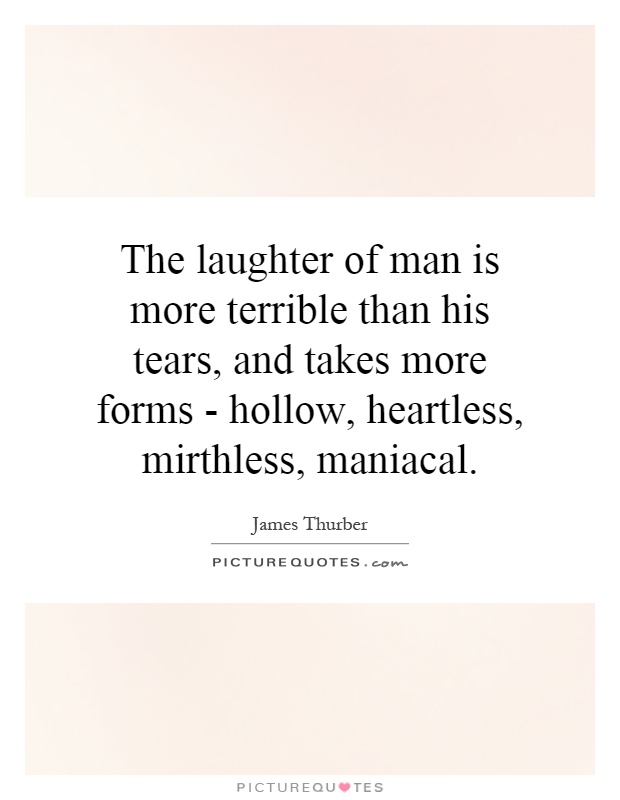
The laughter of man is more terrible than his tears, and takes more forms - hollow, heartless, mirthless, maniacal
James Thurber, a renowned American humorist and cartoonist, often explored the complexities of human nature in his works. One of his most famous quotes, “The laughter of man is more terrible than his tears, and takes more forms - hollow, heartless, mirthless, maniacal,” encapsulates the dark and twisted side of humor that Thurber frequently delved into.Thurber’s writings often featured characters who used humor as a defense mechanism or coping mechanism for their own insecurities and fears. In his short stories and cartoons, he portrayed individuals who used laughter to mask their pain, loneliness, or inner turmoil. This type of laughter, as Thurber suggests, can be more terrifying than tears because it is a facade that hides deeper emotional wounds.
One of Thurber’s most famous characters, Walter Mitty, exemplifies this idea of using humor to cope with the harsh realities of life. Mitty escapes into elaborate daydreams to avoid facing his mundane existence and the disappointments of his marriage. His laughter, in this context, is a way of avoiding the pain and dissatisfaction that he feels in his everyday life.
Thurber also explored the darker side of humor in his works, depicting characters whose laughter is heartless, mirthless, or even maniacal. In stories like “The Catbird Seat” and “The Secret Life of Walter Mitty,” Thurber shows how laughter can be used as a weapon or a means of control. Characters like Mrs. Ulgine Barrows in “The Catbird Seat” use their laughter to manipulate and intimidate others, while Walter Mitty’s daydreams often take on a manic quality as he tries to escape from his own reality.
Overall, Thurber’s quote about the terrifying nature of man’s laughter speaks to the complex and often contradictory ways in which humor can be used as a coping mechanism, a defense mechanism, or a means of control. Through his works, Thurber invites readers to explore the darker side of human nature and the ways in which laughter can both mask and reveal our deepest fears and insecurities.



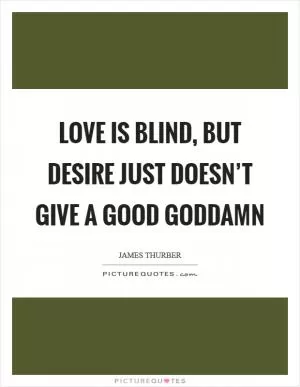
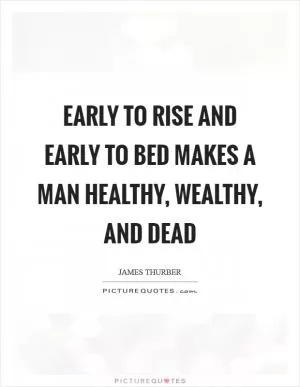




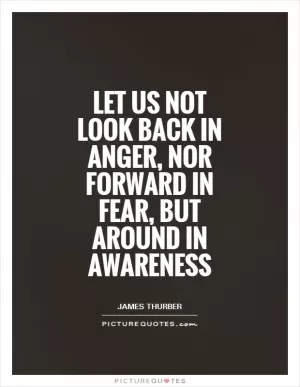
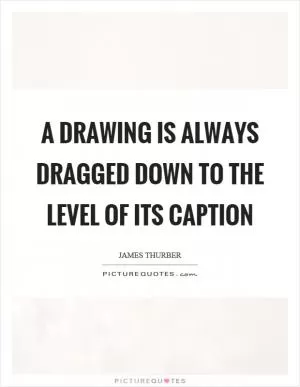

 Friendship Quotes
Friendship Quotes Love Quotes
Love Quotes Life Quotes
Life Quotes Funny Quotes
Funny Quotes Motivational Quotes
Motivational Quotes Inspirational Quotes
Inspirational Quotes